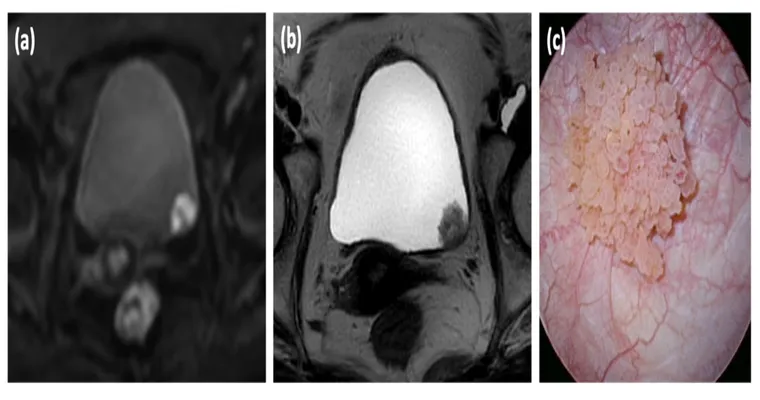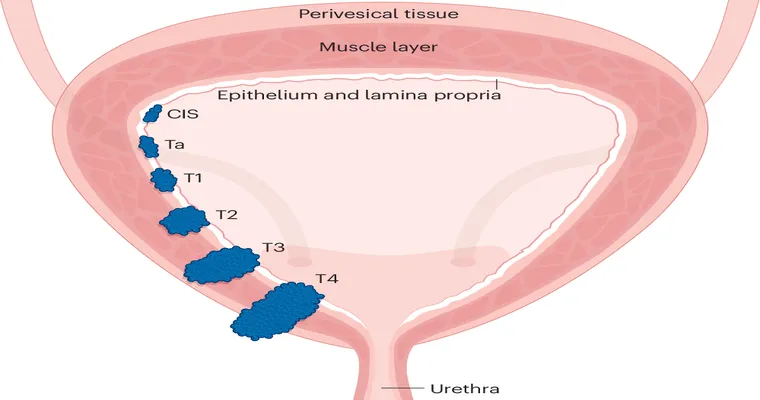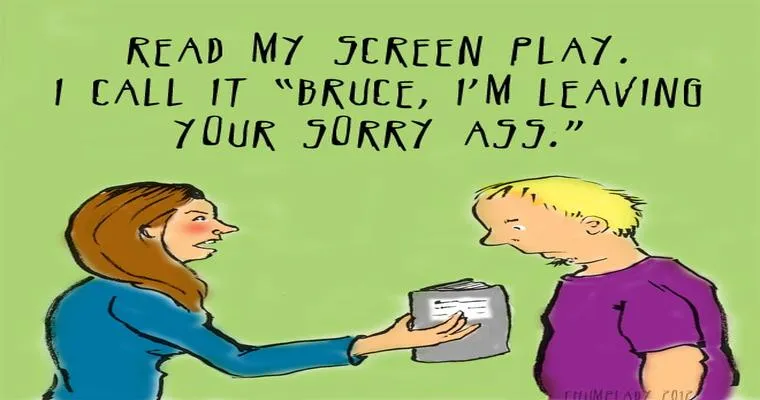When a "dad" receives a "dementia" diagnosis, it can be a heart-wrenching experience for the entire family. While dementia is often associated with memory loss and cognitive decline, it is essential to consider that other conditions can mimic these symptoms. In some cases, the diagnosis may not accurately reflect the underlying issues affecting your loved one. Exploring alternative explanations for behavioral changes is crucial for ensuring appropriate care and support.
Understanding Dementia
Dementia is a term that describes a range of symptoms affecting memory, thinking, and social abilities. It is not a specific disease but rather a group of symptoms that can be caused by various underlying conditions. The most common form of dementia is Alzheimer's disease, but there are other types, such as vascular dementia, Lewy body dementia, and frontotemporal dementia. Each of these conditions has distinct characteristics and progression patterns, making accurate diagnosis essential.
Symptoms That May Be Misinterpreted
Many symptoms can lead to a dementia diagnosis that may stem from other medical issues. For example, "depression" can cause significant cognitive impairment, often referred to as "pseudodementia." Similarly, other factors such as "medication side effects", "nutritional deficiencies", and "thyroid problems" can lead to confusion and memory loss. Additionally, conditions like "sleep apnea" or "chronic pain" can also result in cognitive changes that might be mistaken for dementia.
The Importance of a Comprehensive Evaluation
If you suspect that your dad’s diagnosis may be incorrect, it is crucial to pursue a comprehensive evaluation. This process typically involves multiple assessments, including physical examinations, cognitive tests, and possibly brain imaging. It may also require consultations with specialists such as neurologists, geriatricians, or psychiatrists. A thorough evaluation can help identify any reversible conditions that may be contributing to cognitive decline.
Seeking a Second Opinion
If you're unsure about the diagnosis, seeking a "second opinion" can be beneficial. A fresh perspective from another healthcare professional may uncover alternative explanations for your dad’s symptoms. Many families find that additional testing or a different diagnostic approach leads to a more accurate understanding of their loved one's condition.
Support and Resources
Regardless of the diagnosis, supporting a loved one with cognitive challenges can be overwhelming. Engaging with local or online support groups can provide valuable resources and emotional assistance. Organizations dedicated to "dementia care" often offer educational materials, caregiver support, and advocacy, which can help families navigate the complexities of this journey.
Conclusion
Receiving a diagnosis of dementia for your dad can be a challenging and emotional experience. However, it’s important to remember that not all symptoms of cognitive decline are indicative of dementia. By exploring alternative diagnoses and seeking comprehensive evaluations, you can ensure that your dad receives the most appropriate care. Stay informed, advocate for your loved one, and consider the possibility of misdiagnosis as you navigate this difficult path together.





